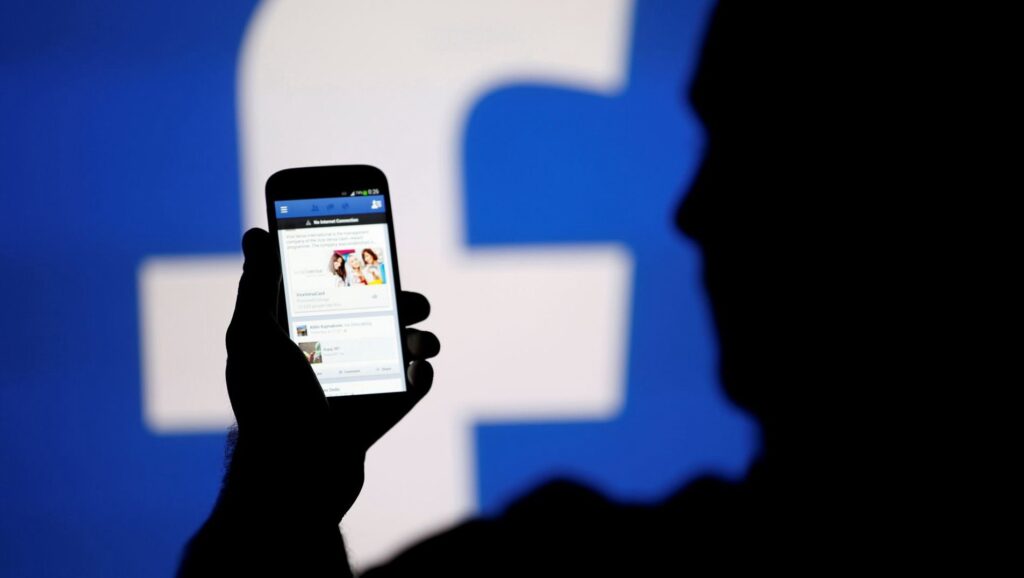As the landmark antitrust trial against Meta commences in Washington this Monday, the stakes have never been higher for CEO Mark Zuckerberg, with the potential sale of Instagram and WhatsApp looming large. The Federal Trade Commission (FTC) alleges that Meta, which famously owns Facebook, made strategic acquisitions of Instagram in 2012 and WhatsApp in 2014 to suppress competition and reinforce a monopoly in the social media sphere. While the FTC previously greenlit these acquisitions, they pledged to continue monitoring their impact on the market.
Should the FTC prevail, they could compel Zuckerberg to sell off both Instagram and WhatsApp, despite Meta's confidence in its defense. Legal experts suggest Meta will highlight how Instagram users have benefited since the platform's acquisition, arguing that the merger improved user experiences. As Vanderbilt Law’s Rebecca Haw Allensworth notes, internal communications from Zuckerberg, indicating a preference to buy rather than compete, could serve as pivotal evidence.
The ongoing case, FTC v Meta, touches on various political angles as well. Initially filed under former President Donald Trump, the case may become politicized during Trump's potential second term. Reports indicate Zuckerberg directly appealed to Trump to drop the case, adding a layer of complexity to the proceedings. Tensions between Zuckerberg and Trump have ebbed and flowed, particularly following Trump's prohibition from Meta's platforms after the January 2021 Capitol riot.
The political landscape is significantly altered by recent changes in the FTC's leadership, with pro-Trump commissioners holding significant sway. Critics like Rebecca Kelly Slaughter and Alvaro Bedoya claim the Trump administration's actions were designed to intimidate commission members who resist political pressures related to high-stakes cases like Meta's. In contrast, FTC Chair Lina Khan has emerged as a critical figure amid renewed calls for regulatory toughness against monopolistic behavior.
As the trial unfolds, the FTC faces a challenging road ahead. While a separate antitrust case against Google has led to substantial judicial scrutiny, analysts like Laura Phillips-Sawyer believe the case against Meta holds unique hurdles, evidencing a competitive landscape that complicates claims of monopolistic practices.
In this rapidly evolving situation, Meta maintains that their platforms face fierce competition from global players, asserting that the trial's outcomes could set significant precedents in the tech industry's regulatory landscape.
The trial, expected to last several weeks, will feature hearings with Zuckerberg and former COO Sheryl Sandberg as key witnesses. As Meta publicly addresses these allegations, the outcome of this trial may redefine the trajectory of social media ownership for years to come.




















